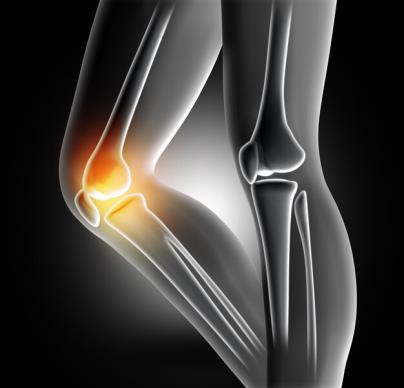
New Compounds for the Treatment of Osteosarcoma
Technical advantages
- Targeted treatment: higher selectivity, lower toxicity, less resistance.
- High effectiveness: in vitro cytotoxic activity at the nanomolar (nM) level.
- Greater in vitro efficacy than cisplatin and sorafenib.
- Selective cytotoxicity: low toxicity in non-tumor cells.
- No toxicity in in vivo studies.
- Targets: Haspin kinase, CDK2 and MAP2. Currently there are no haspin kinase inhibitors in the market.
- Potentially in pancreatic, uterine and colon cancer.
- Greater affinity for cells with a worse prognosis (more aggressive tumors).
- Oral bioavailability.
Goal
The group is looking for a license agreement, but other collaborations may be considered.
Patent
EP23383073
Reference
UBTT0463
Contact
Rosa Vázquez
Email: rvazquez@fbg.ub.edu
New Compounds for the Treatment of Osteosarcoma
Executive summary
The research group with wide experience in pharmaceutical chemistry, especially in the synthesis of compounds to treat cancer, has generated a set of compounds showing promising activity against osteosarcoma, acting on specific targets (haspin kinase, CDk4/6 and MAP2), as well as other types of tumors (i.e. melanoma, colon, pancreas).
Introduction
Osteosarcoma is the most common pediatric bone tumor among children, adolescents, and young adults (mainly from 0-18 years old, when the rate of bone growth is the fastest). Further, it can also be detected in >65 years. It accounts for 3% of childhood tumors with an incidence worldwide of 12.000 people per year. It affects the long bones of the extremities, being the lungs the main affected organ if metastasis. The 5-year survival is 70-75% (localized form) and <20% if metastatic. It can be considered an orphan disease (1/2000).
Annual expenses for families can vary from 12.000-72.000 €/year (Spain 2022) and depending the country the osteosarcoma treatment can go from 9.000-15400 year (Spain, 2022) to 130.000-300.000 US $ (Canada 2022).
The absence of early specific signs, the low index of suspicion tumor in the young age groups and the very high frequency of similar benign pain syndromes (such as growing pains, tendinitis or muscle overload) make it difficult for an early diagnosis.
Limited progress has been made in improving the survival outcomes in patients with osteosarcoma over the past four decades. The current treatment consists in the administration of adult classical chemotherapy (methotrexate, cisplatin and doxorubicin) and surgery which will be mandatory to eliminate the primary tumor. In the worst scenarios the amputation of the affected extremity will be required. The main problem is that specific antitumor drugs (targeted therapy) are not available and the classical chemotherapy as it is commonly known, contains antitumor agents with significant side effects that generate toxicity in young patients and do not effectively prevent metastasis.
Description
The main objective is to obtain new compounds for the treatment of osteosarcoma with greater efficacy than the usual chemotherapy drugs, which presented minimal toxicity in short and long-term and which can be administered orally.
Currently, we have a synthesis procedure of only 3 stages for the preparation of the compounds (small molecules). This method could be applied at an industrial level for large production. It has determined cytotoxic activity in vitro in front of human osteosarcoma lines and also obtained significant data on cellular selectivity. In vivo experiments have been carried out confirming the positive results obtained in vitro.
Current stage of development
- Synthesis of compounds and optimization of synthetic route.
- In vitro activity studies in two childhood osteosarcoma cells (with different level of aggressiveness).
- In vitro toxicity studies carried out in non-tumor cells.
- In vivo toxicity studies.
- In vivo activity studies.

